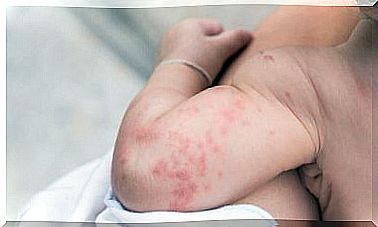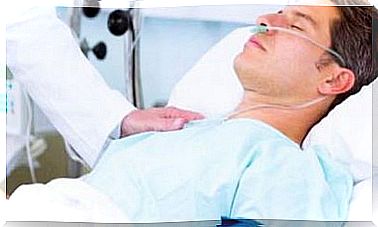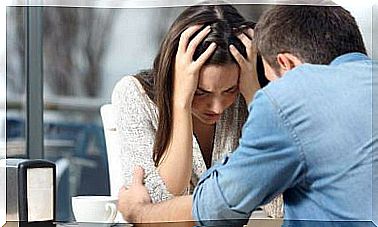Risks And Symptoms Of Endometriosis
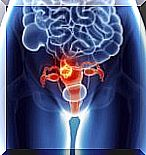
Endometriosis is a disease that involves benign growth of uterine lining-like tissue outside the uterus, often involving the ovaries, pelvis, fallopian tubes, and even abdominal organs such as the intestine.
Endometriosis is a clinical problem for which there is currently no treatment. It is often an inherited disease, and according to a study published by Brigham Women’s Hospital, it may also be the cause of heart attacks in women under 40 years of age.
We’ll cover everything you need on the subject in today’s article.
Endometriosis, a silent disease that affects many women
It may sound surprising, but girls under the age of 12 and 13 have also undergone surgery for endometriosis, which shows how difficult the disease can be and how late it has received the attention it deserves among doctors.
The first guide to informing and educating the general public about endometriosis was not developed until 2013.
It is important to understand that endometriosis is a very “specific” disease. Some women suffer from tremendous pain, while for others, the disease may be asymptomatic.
Perhaps that is why associations around the world have called for the establishment of multidisciplinary teams of physicians (including urologists, gastrointestinal health experts, and psychologists) so that professionals in each field can better detect the disease.
What are the most typical symptoms of the disease
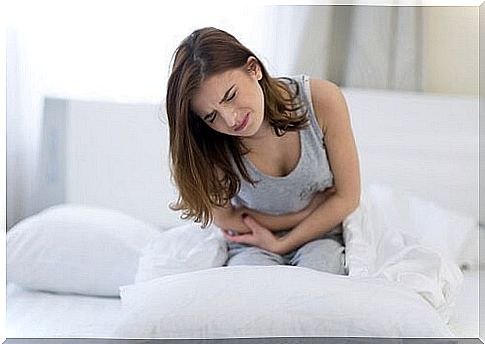
Symptoms of endometriosis
- Very painful periods.
- Severe lower back pain reflected on the abdominal side. The pain may get worse before and during your period.
- Pain during or after intercourse.
- Difficulty or pain during defecation, or even urination.
- An estimated 30-40% of sufferers suffer from infertility.
It should be mentioned once again that not all women have the same symptoms. Some barely notice any symptoms at all. The disease is usually diagnosed during routine gynecological examination or during abdominal surgery, such as cesarean section or appendicectomy.
Living with endometriosis
It is a disease for which there is no cure. For all women living with this troublesome illness, the most important treatment is undoubtedly the one that can help them achieve a good quality of life.
In some cases, the pain can be so severe that it even makes walking awkward. Women with the disease face a lack of understanding among people, in the workplace from colleagues, or even from their own partner, as the partner may not understand why intercourse causes so much pain to the woman.
Hormone treatments for endometriosis are one option, but they have side effects: many women can experience depression and more.
- Some of the pain symptoms can be treated with medication, and sometimes treatment is prescribed that is similar to what is used for prostate cancer.
- Another common solution is surgery to remove damaged tissue, but in most cases, the tissue grows back and the pain returns.
Endometriosis increases the risk of heart attack
We said this at the beginning. According to a study led by Boston Hospital, women who suffer from endometriosis and have undergone surgery to remove their uterus and ovaries are at higher risk of having a heart attack.
- The researchers analyzed the patient records of 116,430 women over a 20-year period. Of these, 11,903 suffered from endometriosis.
- The researchers found that women who had started menopause too early because of surgery had a higher risk of developing hardening of the arteries or having a heart attack or chest pain.
Keep in mind that women under the age of 40 can develop endometriosis.

It is important to live a healthy life
Doctors recommend that all women with endometriosis take good care of their physical and mental health to prevent cardiovascular problems.
- Pain and ignorance of others about the illness can cause feelings of loneliness and frustration that eventually lead to depression. If you let your immune system suffer from this, you increase your risk of having a heart attack.
- If your menopause starts early because of an illness, you are at similar risk to women whose menopause naturally begins in their own times.
Whether you were 30 or 55 years old, you need to pay attention to your diet and spend an active life to prevent diseases.
Regular medical check-ups, medical support, and joining an association of women with endometriosis can be a big help if you suffer from this complex disease.
